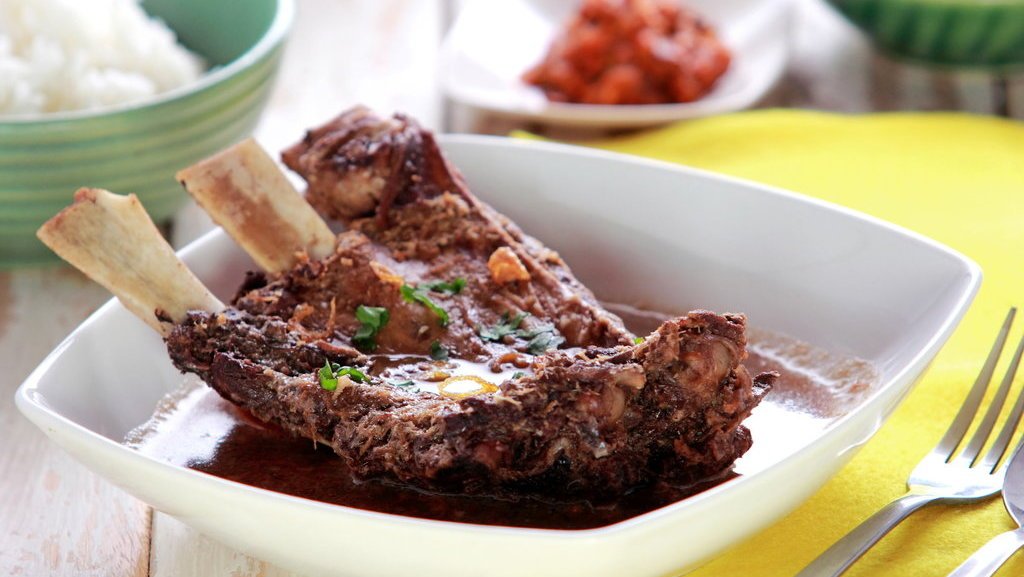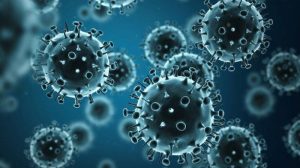UNAIR NEWS – The majority of muslims consume meat during Eid ul-Adha. However, always keep in mind the limit of consuming various processed meats so that cholesterol does not get higher. In this regard, Universitas Airlangga (UNAIR) nutritionist Lailatul Muniroh SKM MKes shared tips for dealing with high cholesterol levels during Eid ul-Adha.
According to her, excessive consumption of fatty meat during Eid can potentially increase blood cholesterol. “It is necessary to take preventive measures to lower cholesterol after Eid ul-Adha,” she said on Friday, July 8, 2022.
Consumption of high-fiber vegetables and fruits
One of the preventions we could take is increasing the consumption of fruits and vegetables high in fiber such as strawberries, bananas, pears, apples, oranges, carrots, and broccoli. “Fiber can dissolve bad cholesterol,” she said.
After Eid, Lail also recommends increasing the consumption of high-fiber foods. Consuming more legumes such as peas and beans, which contain lots of soluble fiber, can help lower cholesterol levels.

“In addition, consuming low-fat nuts such as almonds and walnuts can reduce bad cholesterol levels,” she explained.
Reducing consumption of high-fat foods
The next preventive step is to avoid high-fat foods. Choose low-fat foods such as fish, chicken, lean beef, egg whites, tofu, and tempeh.
“Also reduce food processing by frying using cooking oil,” she said.
After Eid, Lail continued, you should reduce the consumption of foods high in saturated fat and trans fat and limit fast food. “Choose healthy oils like olive oil to replace butter and cooking oil,” she explained.
Oatmeal for breakfast and regular exercise
The last step that can be done is having oatmeal for breakfast. Oatmeal is rich in nutrients and a source of soluble fiber that can lower cholesterol levels. Oatmeal can also lower the risk of heart disease. “In addition, regular exercise can also help lower bad cholesterol,” she said. (*)
Author: Sandi Prabowo
Editor : Binti Q Masruroh









